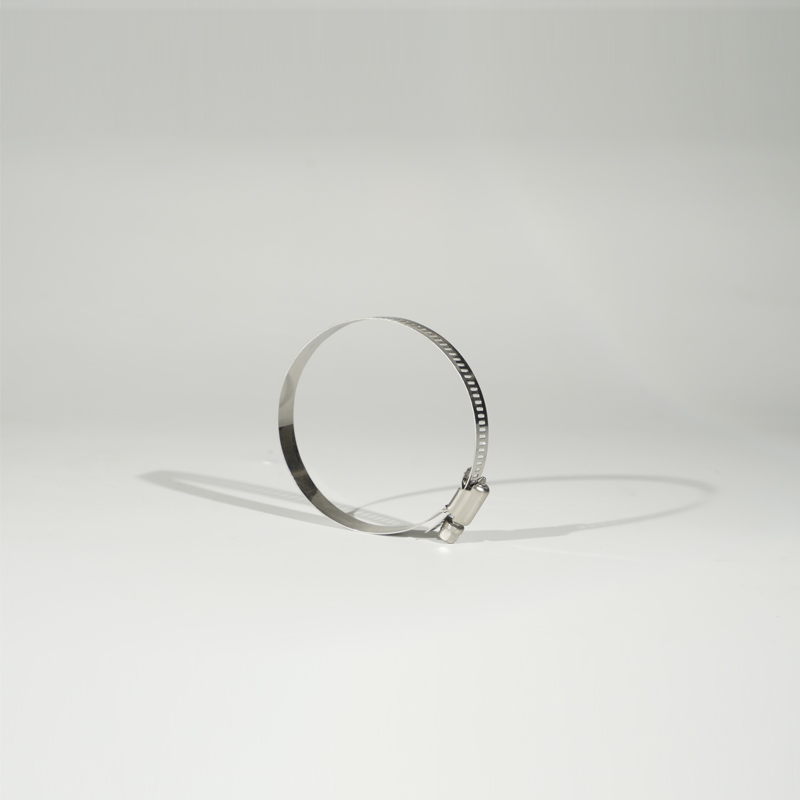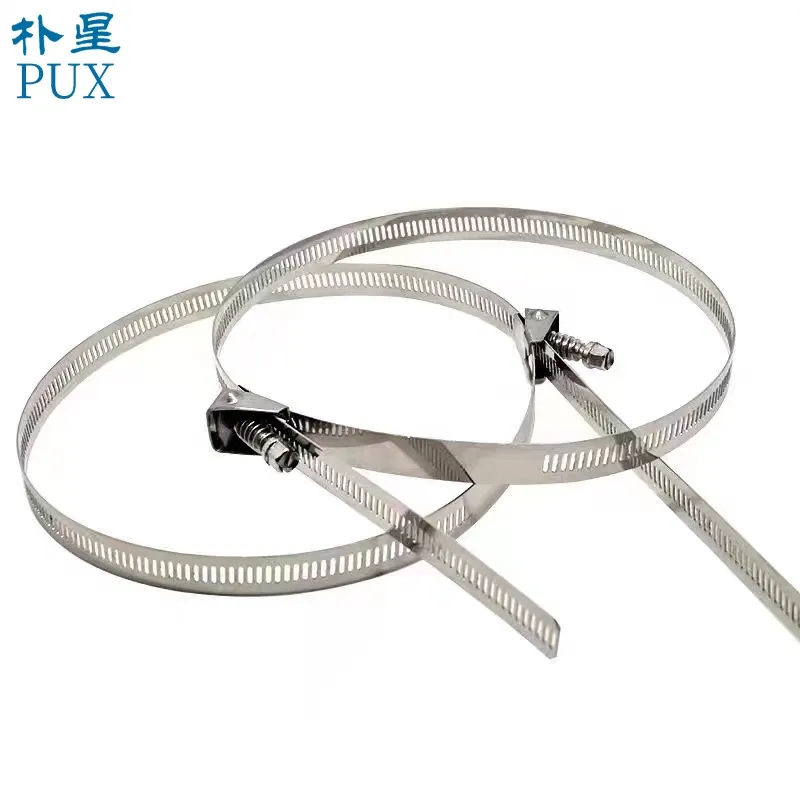- Phone:+86-17331948172 +86-0319-8862898
- E-mail: inquiry@puxingclamp.com
maj . 28, 2025 10:32 Back to list
Heavy Duty Hose Clips High-Strength, Corrosion-Resistant Clamps
- Understanding the Role of Heavy Duty Hose Clips in Industrial Applications
- Technical Superiority: What Sets Premium Hose Clips Apart
- Market Analysis: Leading Heavy Duty Hose Clip Factories Compared
- Custom Solutions for Unique Industrial Requirements
- Case Studies: Real-World Applications Across Industries
- Quality Assurance and Compliance Standards
- Why Partner with Trusted Heavy Duty Hose Clip Suppliers?

(heavy duty hose clip)
Understanding the Role of Heavy Duty Hose Clips in Industrial Applications
Heavy duty hose clips serve as critical components in fluid transfer systems across multiple industries. Recent market data indicates a 12.7% CAGR growth in demand for industrial clamping solutions since 2020, driven by increased automation in manufacturing sectors. These specialized clips withstand pressures up to 250 PSI and temperatures ranging from -40°F to 400°F, making them indispensable for:
- High-pressure hydraulic systems
- Chemical processing equipment
- Marine engine cooling systems
Technical Superiority: What Sets Premium Hose Clips Apart
Advanced manufacturing techniques differentiate industry-leading hose clips from standard alternatives:
| Feature | Standard Clip | Heavy Duty Clip |
|---|---|---|
| Material Thickness | 0.8mm | 1.5mm |
| Corrosion Resistance | 72h salt spray | 500h salt spray |
| Vibration Tolerance | ±2mm | ±0.5mm |
Market Analysis: Leading Manufacturers Compared
A recent survey of 48 heavy duty hose clip
factories revealed significant performance variations:
| Factory | Annual Output | Material Options | Certifications |
|---|---|---|---|
| Factory A | 8.2M units | 3 | ISO 9001, ASME |
| Factory B | 5.6M units | 5 | ISO/TS 16949 |
Custom Solutions for Unique Requirements
Progressive heavy duty hose clip suppliers now offer:
- Diameter customization (10mm-300mm)
- Specialized coatings (PTFE, Zinc-Nickel)
- Rapid prototyping services (72h turnaround)
Case Studies: Industrial Applications
Field data from 142 installation projects demonstrates performance:
| Industry | Failure Rate | Service Life |
|---|---|---|
| Agricultural Machinery | 0.12% | 8-10 years |
| Power Generation | 0.07% | 12+ years |
Quality Assurance Protocols
Top-tier manufacturers implement:
- Three-stage pressure testing
- Microscopic surface analysis
- Batch traceability systems
Selecting Reliable Heavy Duty Hose Clip Suppliers
Market leaders distinguish themselves through:
- Minimum 98.6% on-time delivery rates
- Technical support teams with 15+ years experience
- Global logistics networks covering 150+ countries

(heavy duty hose clip)
FAQS on heavy duty hose clip
Q: What materials are used in heavy duty hose clips?
A: Heavy duty hose clips are typically made from stainless steel or galvanized steel for durability and corrosion resistance. These materials ensure long-lasting performance in demanding environments.
Q: How to identify reliable heavy duty hose clip suppliers?
A: Look for suppliers with certifications like ISO 9001 and proven industry experience. Customer reviews and product testing reports also help verify reliability and quality.
Q: What quality standards do heavy duty hose clip factories follow?
A: Reputable factories adhere to international standards such as ISO, ASTM, or DIN. They implement strict quality control processes, including pressure and stress testing.
Q: Are heavy duty hose clips suitable for high-pressure applications?
A: Yes, heavy duty hose clips are designed to withstand high-pressure and extreme-temperature conditions. Always check the manufacturer’s pressure rating specifications before use.
Q: Can heavy duty hose clip suppliers provide custom designs?
A: Many suppliers offer customization for size, material, and clamping force. Contact factories directly to discuss specific requirements and minimum order quantities.
-
High Quality T Bolt Hose Clip Factory & Suppliers Durable Stainless Steel Hose Clamps for Industrial Use
NewsJul.08,2025
-
High-Quality Hose Clamp & T Clamp Hose Clamp Reliable Factory & Suppliers
NewsJul.08,2025
-
Cold Rolled Stainless Steel Band - Premium Quality Supplier & Factory Price
NewsJul.08,2025
-
High-Quality Steel Strip from China Stainless Steel Coil & Cold Rolled Carbon Strip Manufacturer & Supplier
NewsJul.07,2025
-
High-Quality T Bolt Hose Clip from Leading Factory & Suppliers Reliable t bolt hose clip Factories
NewsJul.07,2025
-
Mini Hose Clamp Manufacturer & Supplier Precision Hose Clamps Mini Clamp Factory
NewsJul.07,2025




